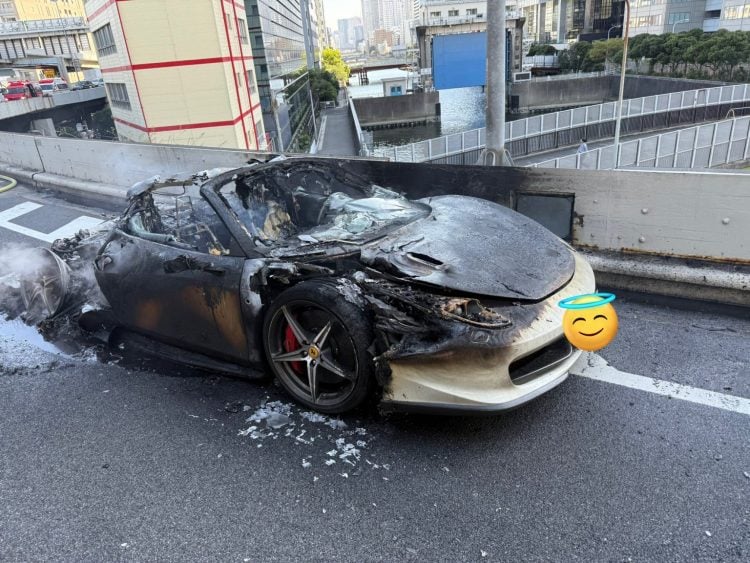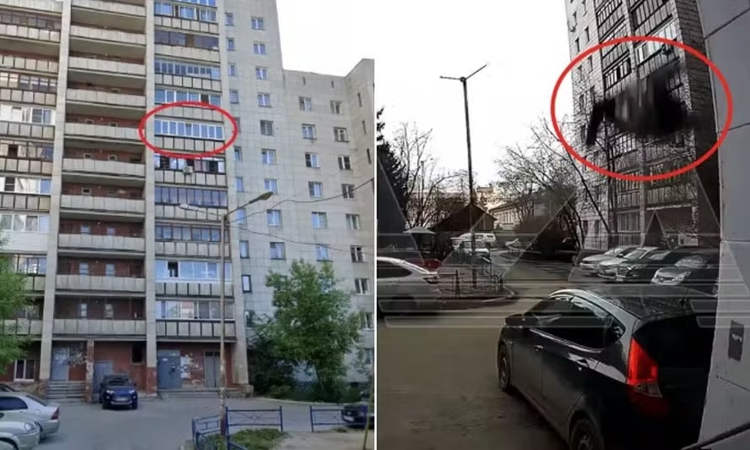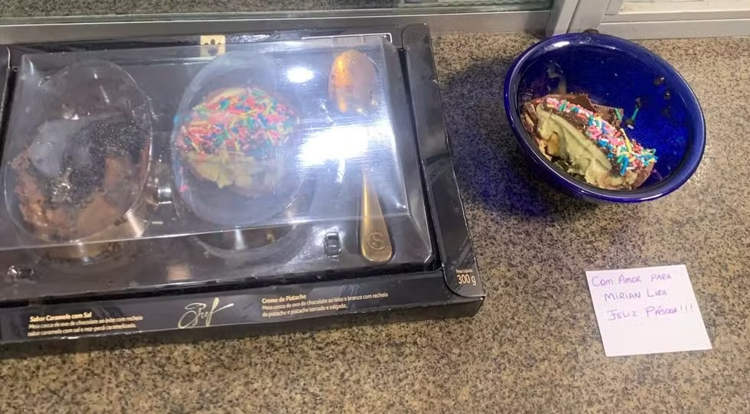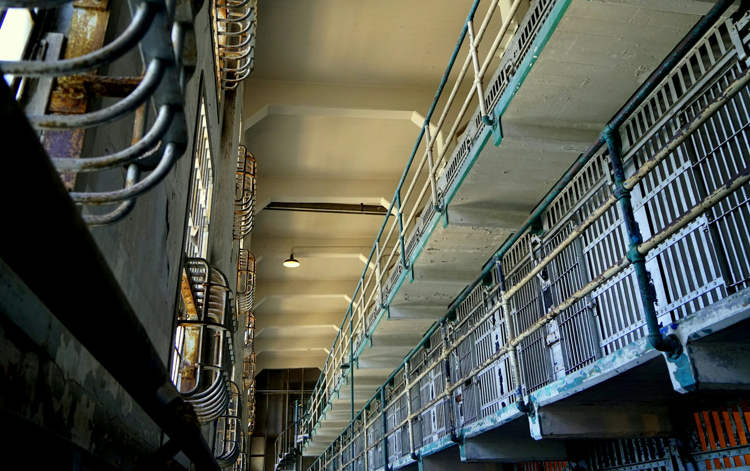Pope Francis is generally considered the supreme leader of the worldwide Catholic Church, but to David Bawden, a conservative Catholic from Topeka, in Kansas, Francis and the five other popes who cam e before him are nothing more than frauds or ‘antipopes’. Interestingly, Bowen considers himself the one true pope of the Catholic Church.
David Bawden was elected pope on July 16, 1990, in Belvue, Kansas, by a conclave of six people that included himself and his parents. He became Pope Michael, the self-proclaimed one and true pope of the Catholic Church, and he has spent the last 28 years attracting followers and performing his duties as the religious leader of billions of Catholics around the world, which includes holding prayer meetings and the performing the Stations of the Cross. To make himself known to the world, Pope Michael maintains his own website, is active on social media and has even appeared in a feature-length documentary.
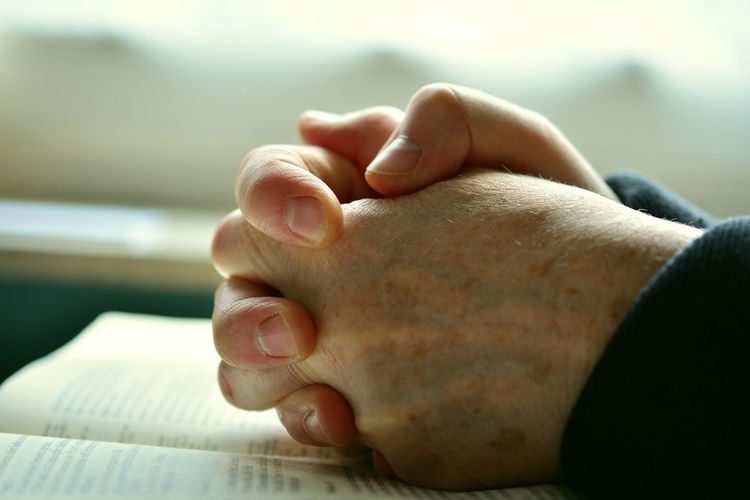
Photo: congerdesign/Pixabay
The son of devout Christians, he had felt a calling to priesthood from a very young age, but the reforms implemented by the Second Vatican Council during the 1960s hit him and his family hard, and caused them to question the leadership of the Catholic Church. The Bawdens viewed these changes as heresy and felt betrayed by the church, so they became interested in a traditionalist movement known as the Society of St. Pius X, which refused to acknowledge the authority of the Second Vatican Council.
After the death of Pope Pius XII, in 1958, the Second Vatican Council not only did away with the old Latin Mass, allowing priests to celebrate Mass in their native languages, but also allowed more latitude to other forms of religion and changed the wording of doctrine that the Bawdens and other conservatives considered crucial.
“The earlier Mass, the old Latin Mass, said that ‘Christ’s blood was shed for many for the remission of sins,’ and they changed that to ‘Christ’s blood was shed for all,'” Tim Miller, a Kansas University professor of religious studies, told Lawrence Journal World. “And that could imply that the sacrifice of Christ would cause everyone to be saved, everyone to achieve salvation, whereas the classic idea has been that only believers are going to be saved and everyone else will be damned. Some conservatives said, ‘That’s a terrible idea. People who are in horrible error are going to be saved?'”
“If everyone is saved, then why be good?” Tickie Bawden, David’s mother, asked.
In 1978, David Bawden was dismissed from the Society of St. Pius X amid what he calls “infighting”, but he and his family moved to St. Marys, in Kansas, during the early 1980s to be close to the religious organization. He decided to take religious education in his own hands, and to that purpose he started “buying books, put myself in the hands of the Holy Ghost and just started studying”. By the mid 80s, the Bawdens had started contemplating the idea of electing a new pope and began seeking out other people who shared their views.
On July 16, 1990, David Bawden, his parents, Tickie and Kennett, and three other followers gathered in a thrift shop in Belvue, and elected David as the new pope of the Catholic Church. He took the name Pope Michael, after his religious hero, and the procession was concluded with the traditional message “Habemus papam”. On the way back from Belvue, the new pope recalls being hit by the realization that he was now responsible for six billion souls on Earth.
In the 2010 documentary “Pope Michael”, the self-elected pontiff said that he had around 30 solid followers, plus many others who had come and went throughout the years. A year earlier, an article in the Lawrence Journal put estimated his followers at around 50. With numbers like that, it’s no wonder that Pope Michael has always been struggling to fund his church. He tries to get by on donations and his family’s savings, but he also does odd jobs from time to time.
Pope Michael is a long way from fulfilling his dream of being recognized as the true pope of the Catholic Church, but he continues to remain active on social media platforms like Facebook and Twitter, and constantly updates his website, Vatican in Exile. He once sent a letter of excomunication to Pope John Paul II, but never got a reply.
“I didn’t expect a response,” he told the Lawrence Journal. “John Paul II probably didn’t get my letter, but someone did. If they had a true concern about souls, they would reply, even if they think, ‘This guy’s a fool.’ I mean, fools have souls, too.”

